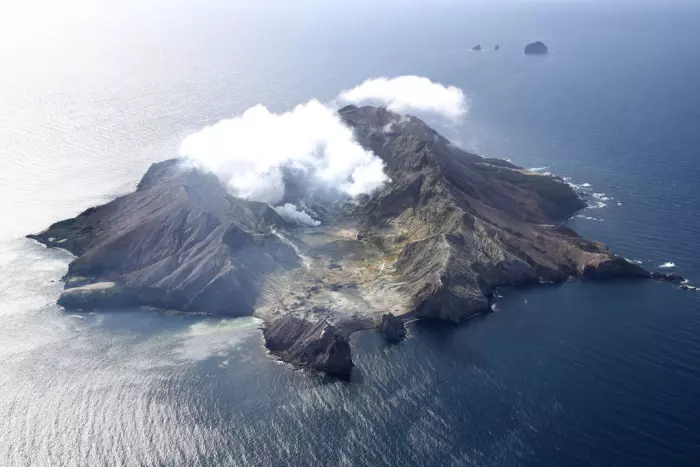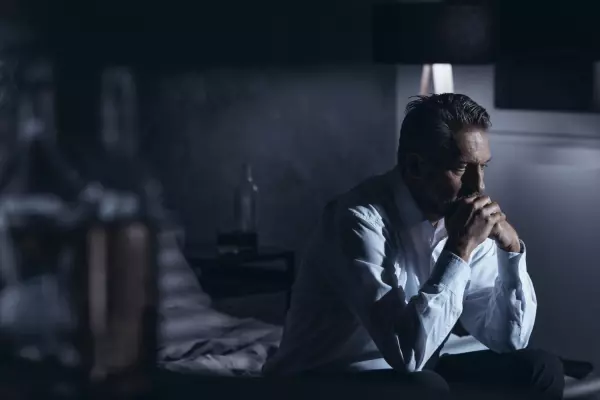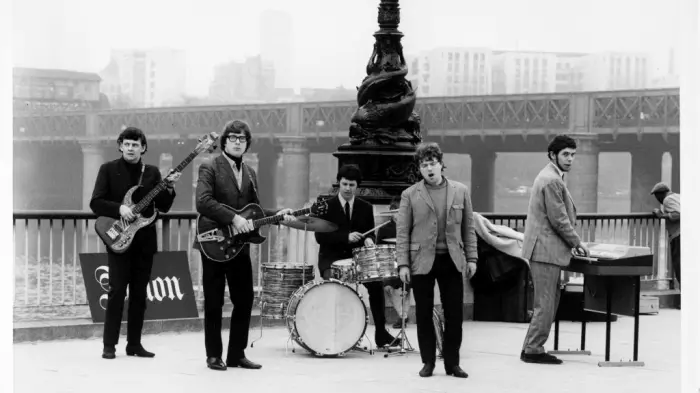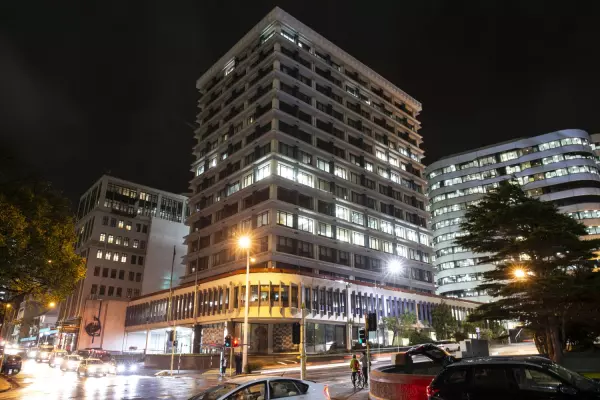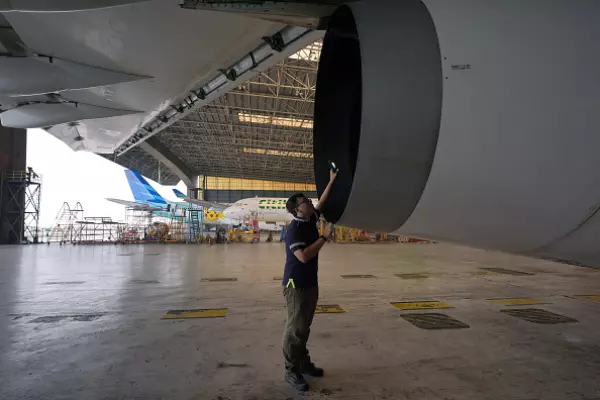We all recall hearing about the terrifying events from Monday, December 9, 2019, when Whakaari White Island erupted, sending a plume of ash 3,658 metres into the air. Twenty-two people tragically died because of the eruption, and 25 people were left seriously injured.
Three and a half years after the eruption, the WorkSafe prosecution of the owners of Whakaari is now proceeding. The key defendants are the three Buttle brothers, Andrew, James and Peter.
Whakaari is owned and controlled through Whakaari Trustee and Whakaari Management, and the three Buttle brothers are joint directors and shareholders of both companies.
Andrew, James and Peter Buttle have been charged under the Health and Safety at Work Act 2015 (HSWA) in their roles as directors of those companies. The charges against the Buttle brothers are that they failed to obtain expert advice on how their company, Whakaari Management, could ensure that guided tours of Whakaari were conducted safely.
The prosecution against these directors is a timely reminder to all directors that they have significant health and safety duties and obligations and what can go wrong if these duties are not complied with.
Directors' obligations and jail time
The purpose of HSWA is to protect workers and other persons against harm to their health, safety and welfare by eliminating or minimising risks arising from work. The purpose is achieved by imposing certain duties – including on directors.
To me, it seems that directors’ duties and obligations under HSWA are often forgotten or, at best, given lip service. There is often much talk about what the organisation (referred to as a PCBU – a person conducting a business or undertaking) could have done better to prevent a workplace injury or death or what workers could have done better to ensure their own safety, but not what the directors of the PCBU could have and should have done. This seems odd to me, especially because a director could end up in jail for failing to meet health and safety obligations.
Directors have wide-ranging due diligence obligations under HSWA, and a failure to comply with these obligations can lead to a term of imprisonment. Directors would do well to remember this.
A director is an officer of the PCBU and has to exercise due diligence to ensure that the PCBU complies with its obligations under HSWA. There are six different obligations in relation to meeting the test of due diligence, and a director has to satisfy all six. Four or five out of six is not good enough; only 100% will do.
Due diligence obligations include knowledge of health and safety matters, understanding the nature of the operations of the PCBU, ensuring appropriate resources are available and ensuring that the PCBU has and implements processes to comply with its duties and obligations under HSWA.
The most serious offence in relation to a breach of directors’ duties is the offence of reckless conduct in relation to that due diligence duty and could lead to a term of imprisonment of up to five years, a fine not exceeding $600,000 or both.
In Sarginson v Civil Aviation Authority, the high court clarified that the due diligence duty could include a wide range of steps and is not limited to governance or directorial oversight.
Focus on directors
In my experience, since HSWA was introduced, WorkSafe has not had much of a focus on the prosecution of directors, but the tide is now turning.
In addition to the prosecution of the Buttle brothers, we are seeing more prosecutions against directors, although many of these have tended to be smaller companies where the director is often the sole shareholder and sometimes even an employee.
Interestingly, the Buttles came close to not being prosecuted. They argued that the charges against them were not properly laid out. The district court disagreed with this noting “there can be a public interest, and usually is, in holding directors to account where they may be liable”.
It was held that amongst the evidence was that the Buttles had been “put on notice” by GNS Science and that they should consider getting expert advice regarding volcanic activity on the island.
The Buttles did not get that expert advice. The court said that the evidence was sufficient for a case to answer but noted that they were nearly successful. This resulted in WorkSafe only being able to proceed with a charge the Buttle brothers failed to obtain expert advice that the guided tours were conducted safely.
WorkSafe’s case is that while the Buttles did take some steps in terms of health and safety, they did not take enough steps to meet their obligations under HSWA and that rather than carry out due diligence themselves, “they saw it as satisfactory to say to the tour operators that’s your job”. WorkSafe has said that “we have a case where they don’t do the first and fundamental thing for directors of getting the risk assessment from those who have the expertise, so they don’t get to the starting line”.
The Buttles have denied the charges and are defending them. The trial is set down for 16 weeks (it started on July 10), so it is some time before we will learn what the Buttles’ defence will be.
Tips for directors
All directors should be aware of their due diligence duty and how that duty is being met. Simply leaving health and safety to the PCBU and not taking an active interest and role in how workers are being protected from harm to their health, safety and welfare is not good enough.
Don’t forget – prison time!


